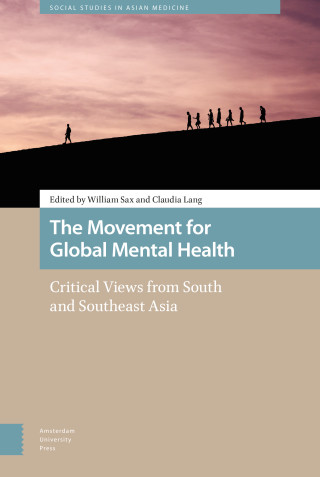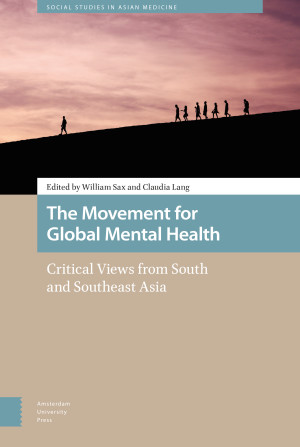William S. ('Bo') Sax studied at Banaras Hindu University, the University of Wisconsin, the University of Washington (Seattle), and the University of Chicago, and has taught at Harvard University, the University of Canterbury in Christchurch, New Zealand, and the South Asia Institute in Heidelberg. He has published extensively on pilgrimage, gender, theater, aesthetics, ritual healing and medical anthropology.





